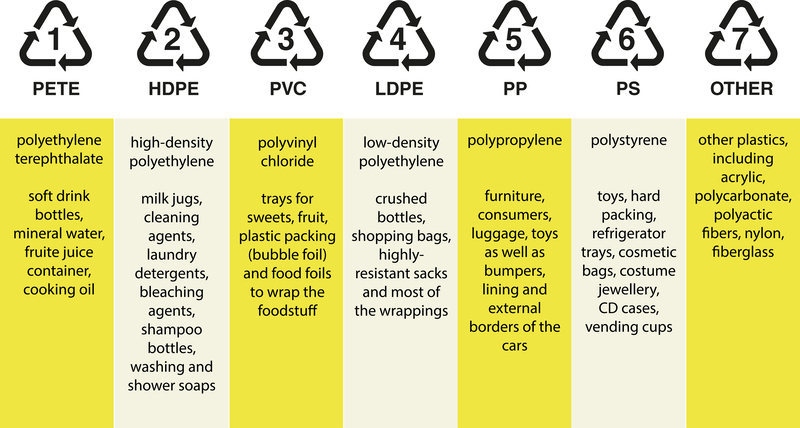Understanding Trash Sorting Rules
Posted on 11/02/2025
Correctly sorting trash not only helps in reducing pollution but also in recycling valuable resources. Proper waste management reduces the burden on landfills and contributes to a sustainable environment. This article focuses on helping you understand the various rules of trash
sorting, providing you with tips and insights into effectively managing your waste.
Why Is Trash Sorting Important?
Waste segregation at the source leverages the process of recycling and reduces the overall amount of waste that needs to be treated or disposed of. It helps in preserving natural resources and reduces environmental pollution. Moreover, sorting trash can significantly decrease the
cost involved in waste treatment.

Types of Trash
There are several types of waste that need to be sorted differently:
- Biodegradable waste: Organic waste such as food scraps, garden waste, and other natural materials that can decompose.
- Recyclable waste: Includes items like paper, cardboard, glass bottles, metal cans, and certain plastics that can be processed and reused.
- Hazardous waste: Items such as batteries, chemicals, paints, and electronic waste that require special handling.
- General waste: Any non-recyclable, non-hazardous waste such as used tissues, non-recyclable plastics, etc.
Rules for Sorting Trash
Effective waste management starts with understanding the rules for sorting trash:
Use Color-Coded Bins
Most municipalities use color-coded bins to make sorting easier. Typically, this system includes:
- Green Bin: For biodegradable waste.
- Blue Bin: For recyclable waste.
- Red Bin: For hazardous waste.
- Black or Gray Bin: For general waste.
Ensure Clean Recyclables
It is important that recyclables are clean. Rinse items before putting them in the recycling bin to avoid contamination.
Dispose of Hazardous Waste Properly
Never throw hazardous waste in regular bins. Most communities have specific drop-off locations for electronic and hazardous waste.
Avoid Plastic Bags in Recyclables
Plastic bags can clog recycling machinery. Always empty recyclable items directly into the bin.
FAQs About Trash Sorting
Here are a few commonly asked questions and their answers:
What Items Can and Cannot Be Recycled?
Items that can be recycled include paper, cardboard, glass bottles, and specific plastics with recycling symbols. Items that cannot be recycled include plastic bags, styrofoam, and greasy food containers.
How to Sort Organic Waste?
All kitchen scraps, coffee grounds, and yard waste can be placed into the green bin for composting.
Pros and Cons of Trash Sorting
Understanding the pros and cons can help you appreciate the importance of properly sorting trash:
- Pros: Reduces environmental pollution, saves natural resources, lowers waste management costs, promotes a cleaner community.
- Cons: Can be time-consuming, requires education on what goes where, sometimes involves extra storage space for different bins.
Tips for Effective Trash Sorting
- Keep a recycling guideline chart in your kitchen for quick reference.
- Flatten cardboard boxes to save space in your recycling bin.
- Consider composting food waste to reduce the amount of green bin waste.
- Educate family members to ensure everyone follows the same sorting rules.

Takeaways
- Trash sorting is crucial for environmental protection and resource conservation.
- Use color-coded bins to simplify the sorting process.
- Always clean recyclables and handle hazardous waste with care to prevent contamination.
- Consistency and education are key to effective waste management.
Conclusion
Understanding and following trash sorting rules can make a significant impact on the environment. By investing a little time and effort into proper waste segregation, you can contribute to a cleaner and more sustainable planet. Whether it's by teaching family members, using
color-coded bins, or ensuring you handle hazardous waste correctly, your actions can lead to meaningful change. Start sorting your trash today and be a part of the solution to global waste management challenges.
Latest Posts
From Eyesore to Masterpiece: When Garbage Becomes Art
Industry welcomes government's move towards increased e-waste recycling

 020 8610 9486
020 8610 9486










